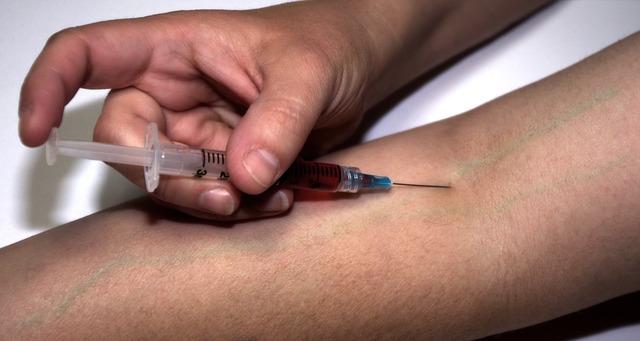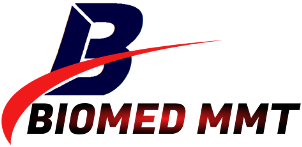Cognitive behavior therapy (CBT) is a category of psychological health therapy established in the 1960s by Dr. Aaron T. Beck. Cognitive behavior therapy assists individuals attend to bothersome ideas and sensations to get rid of dependency. Cognitive behavior therapy is utilized extensively today in dependency treatment. CBT teaches recuperating addicts to discover connections between their feelings, ideas, and actions and increase awareness of how these things affect healing.
Along With Dependency, CBT Likewise Deals With Co-Occurring Conditions Such As:
|
 |
|
How Does Cognitive Behavior Therapy Work?
Cognitive behavior Therapy reveals that numerous hazardous actions and feelings are reasonable or not rational. These habits and sensations might originate from ecological elements or previous experiences.
When an addicted individual comprehends why they feel or act a specific method– and how those actions and sensations cause compound usage– they are much better geared up to conquer their dependency.
Cognitive-behavioral therapists assist recuperating addicts to recognize their unfavorable “automated ideas.” An automated idea is based upon impulse and typically originates from misunderstandings and internalized sensations of insecurity and worry. Usually, individuals attempt to self-medicate these uncomfortable ideas and feelings by drinking or abusing drugs.
By continuously reviewing painful memories, recuperating addicts can lower the discomfort triggered by them. They can then discover brand-new, favorable habits to change their drug or alcohol usage.
Cognitive Behavior Therapy and Dependency Treatment
Automatic unfavorable ideas are typically a source of anxiety and stress and anxiety conditions, which prevail in co-occurring terms with dependency. This indicates automated ideas can make somebody most likely to abuse drugs and alcohol.

|
Cbt Assists Clients In Conquered Drug Dependency And Alcohol Addiction By: Assisting in dismissing incorrect beliefs and insecurities that result in drug abuse. |
Abilities For Handling Triggers Recognize/Identify which situations cause utilizing drugs or drinking. Avoid/Remove yourself from trigger scenarios whenever possible or suitable. |
Therapy In The Treatment Of Dependency
Therapy, likewise called “talk treatment,” is amongst the essential components in dependency treatment. Behavioral treatments are a crucial part of treatment in outpatient and property programs and are often utilized together with medications.
What is great dependency therapy? Therapists and therapists who supply the treatment for addicted people and their households require unique training in behavioral therapies for dependency. Therapists and therapists teach their addicted clients about addiction, motivate them to make Therapies in their lives, applaud them when they make development and support them when they encounter issues.


